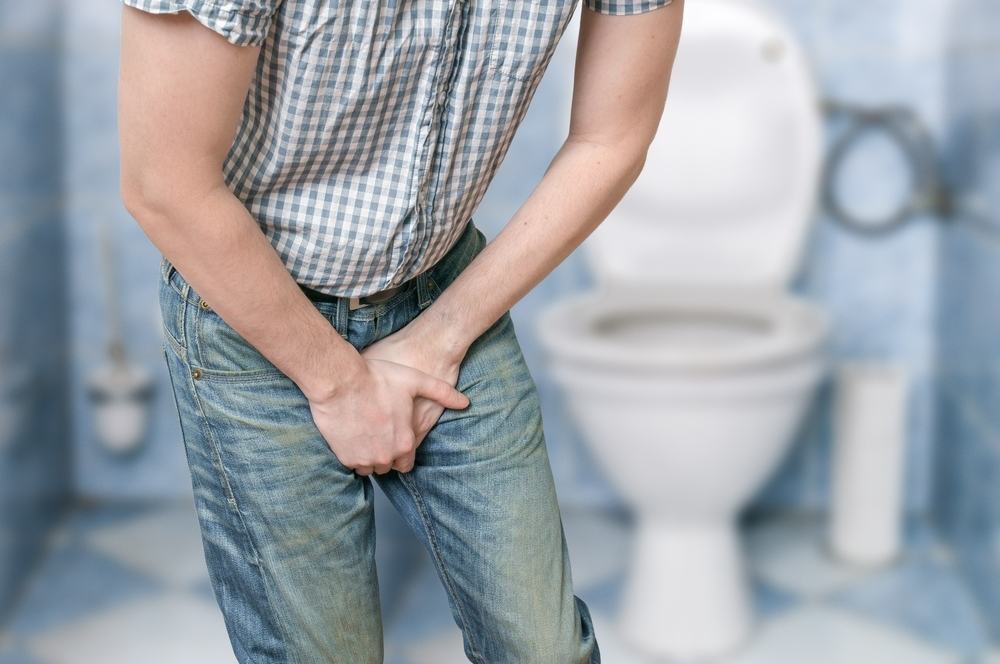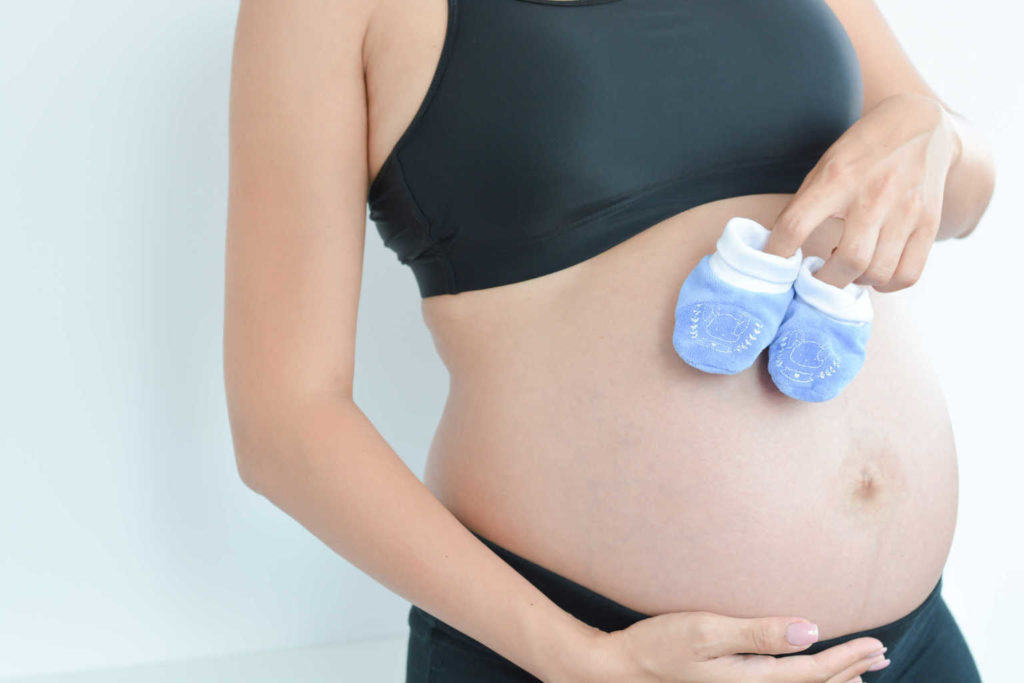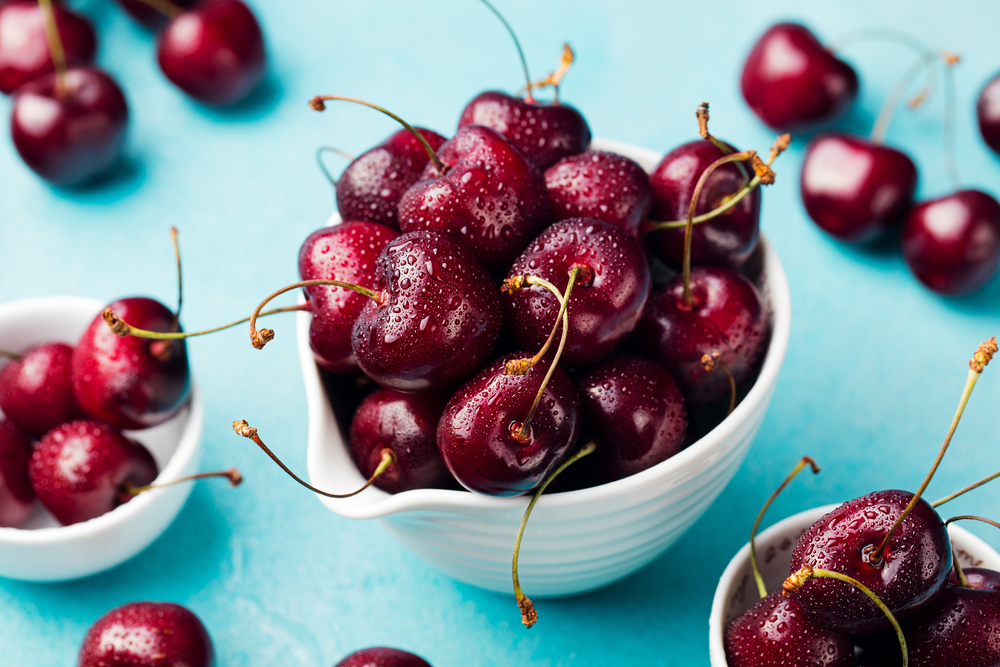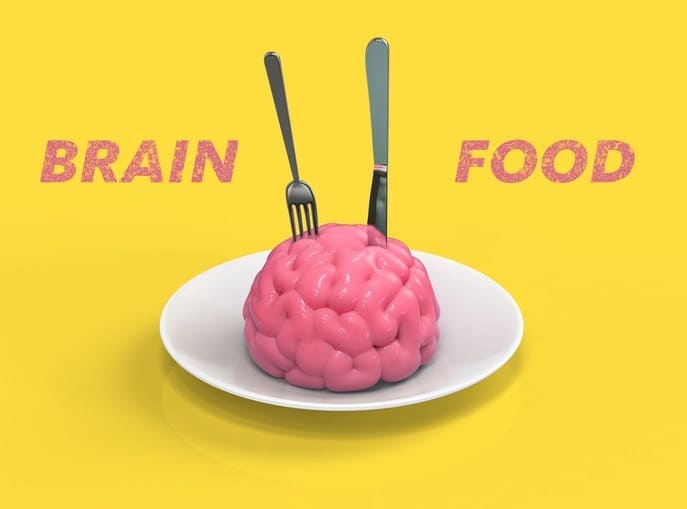Contents:
- Medical Video: Kidney & Bladder Health : How to Treat Frequent Urination
- 1. Urinary tract infection (urinary tract infection)
- 2. Bladder stone
- 3. Kidney stones
- 4. Chlamydial infection
- 5. Prostatitis
- 6. Vaginitis
- 7. Genital herpes
Medical Video: Kidney & Bladder Health : How to Treat Frequent Urination
Pain during urination or also called dysuria, is pain or discomfort associated with urinating. This condition does not refer to the frequency of urination, although the frequency of urination is often accompanied by dysuria. Everyone, both men and women, as well as adults and children, can experience pain when urinating. However, this is usually more common in women, because dysuria is associated with urinary tract infections that more often affect women than men. Pregnant women, diabetics, and people with bladder disease have a higher risk of developing dysuria.
Symptoms of dysuria also vary between men and women, but usually both experience pain such as burning, pain, or itching. Pain at the beginning of urination is often caused by urinary tract infections, while pain at the end of urination can show the bladder or prostate.
The causes of pain when urinating are very diverse. According to George Krucik, MD, there are 34 conditions that can cause dysuria. However, we will discuss the 10 main causes of dysuria.
1. Urinary tract infection (urinary tract infection)
Urinary tract infection (UTI) aka urinary tract infection is infection in any part of your urinary system such as kidneys, urinary tract, bladder and urethra. Most UTIs involve the lower urinary tract such as the bladder and urethra. Women are more at risk of developing a UTI than men. Infection that is limited to your bladder can be annoying and painful. If the UTI spreads to the kidneys, it will cause serious conditions.
2. Bladder stone
Bladder stones are clumps of hard minerals in the bladder. Bladder stones develop when the urine in your bladder crystallizes. This can happen when you are unable to empty your bladder completely when you urinate.
3. Kidney stones
Kidney stones (kidney litiasis, nephrolithiasis) are small and hard deposits of minerals that form in the kidneys. These stones made from minerals and acid salts have a lot of influence on every part of your urinary tract. Often stones form when urine is concentrated and allows minerals to crystallize and attach to one another.
4. Chlamydial infection
Chlamydia is a sexually transmitted infection (STI) that is generally caused by bacteria. Usually chlamydial infections do not have external symptoms at an early stage, but chlamydia can cause health problems at a later stage, including preventing women from getting pregnant, and endangering the pregnancy.
5. Prostatitis
Prostatitis is swelling and inflammation of the prostate gland (a walnut-sized gland located just below the bladder in men. The prostate gland produces fluid (semen) that nourishes and transports sperm. Prostatitis often causes pain and difficulty urinating. Another symptom of prostatitis is pain in the groin, pelvic area, or genitals, sometimes accompanied by flu-like symptoms.
6. Vaginitis
Vaginitis is an inflammation of the vagina which causes itching and pain when urinating. The cause is usually due to changes in the balance of vaginal bacteria or vaginal infections. Vaginitis can also be caused by reduced estrogen after menopause. The most common types of vaginitis are bacterial vaginosis, yeast infections, trichomoniasis, and vaginal artophilia.
7. Genital herpes
Genital herpes is a common sexually transmitted infection (STI) that affects men and women. Symptoms of genital herpes usually include pain, itching, and sores in your genital area caused by the presence of the herpes simplex virus (HSV).
READ ALSO:
- 5 Tips for Overcoming Menstrual Pain Without Medication
- Various Causes of Breast Pain
- When I Should Have a Gender Test












